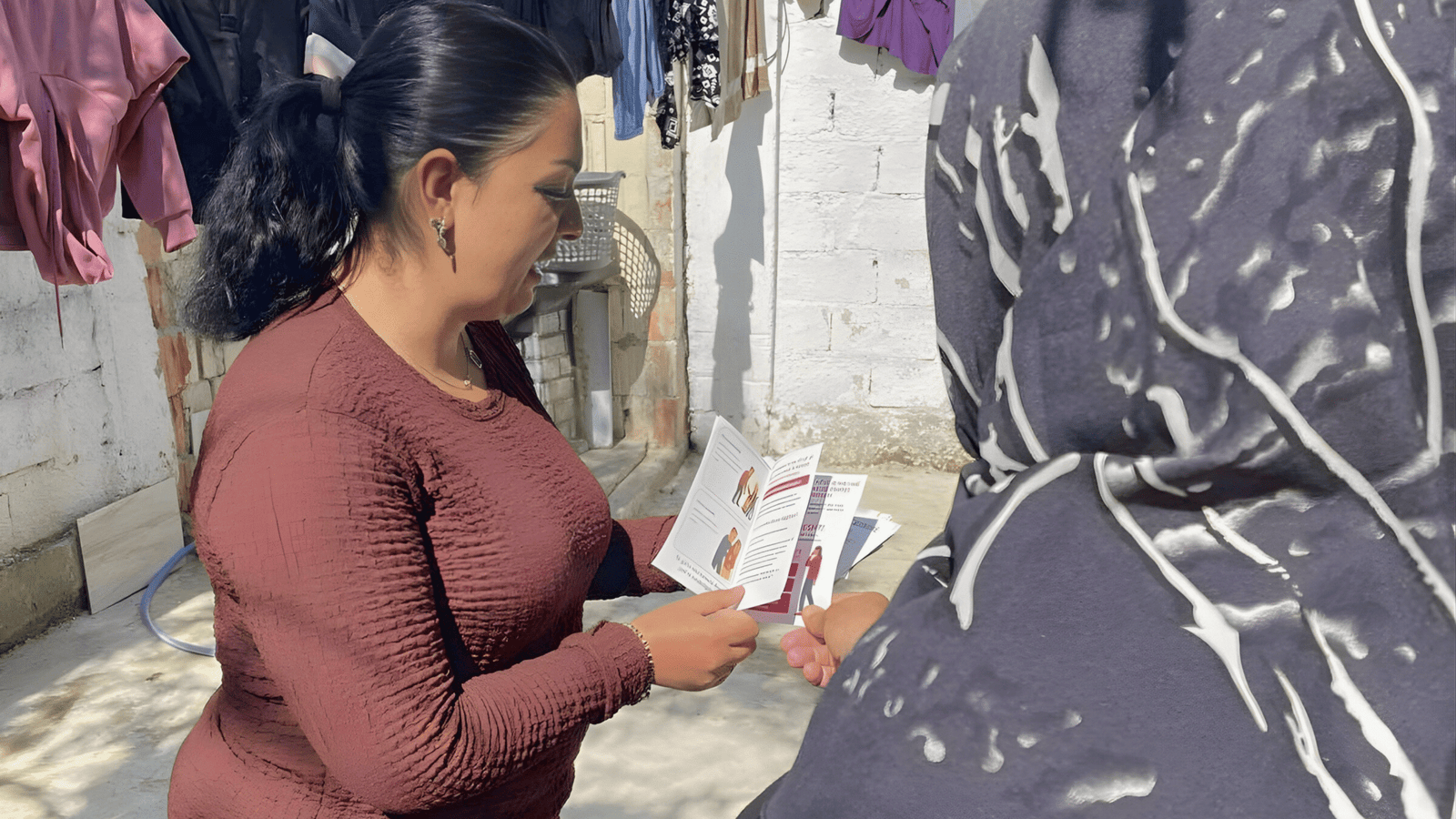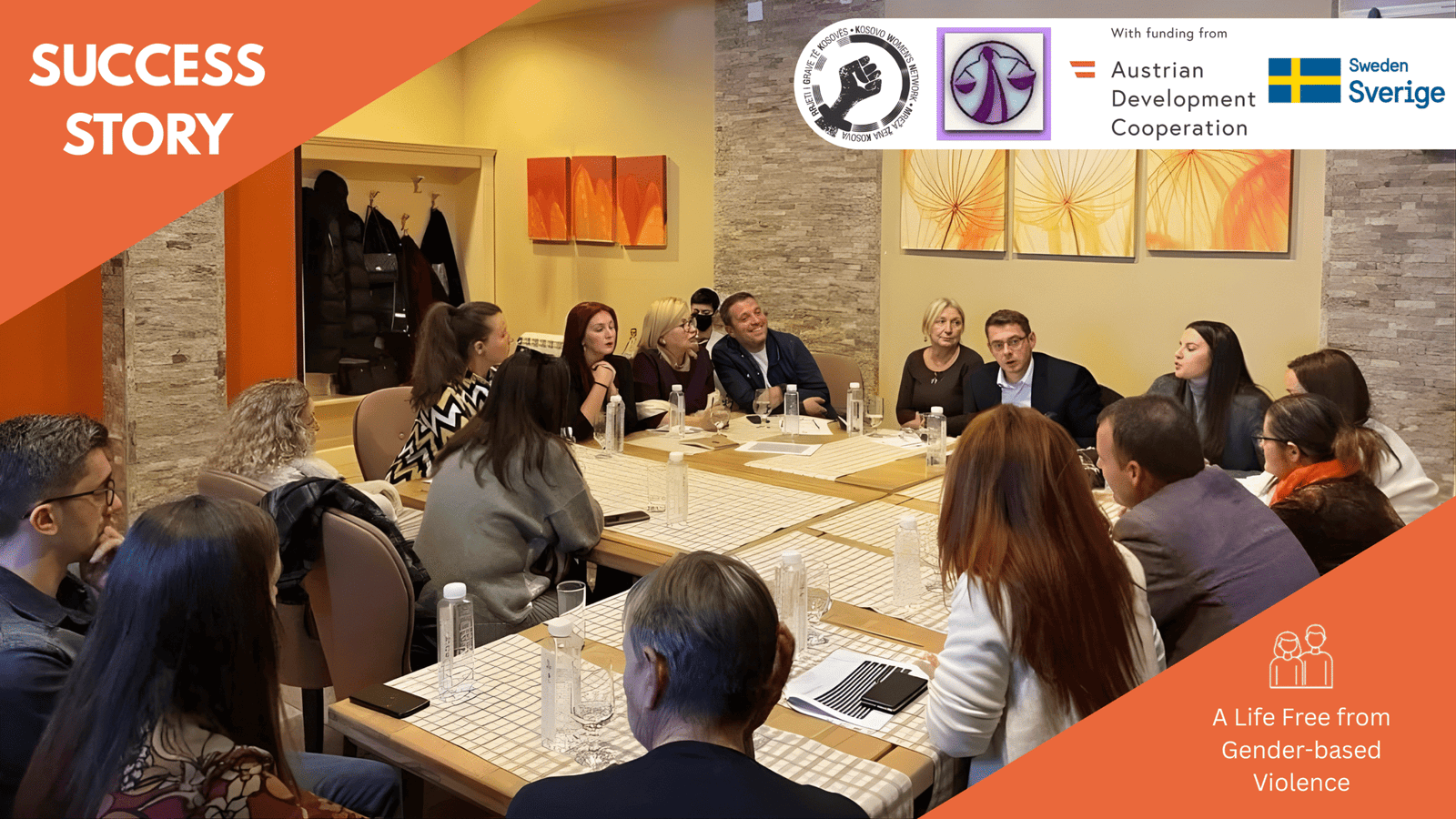On 1 November, the Minister of the Ministry of European Integration, Dhurata Hoxha, met with representatives of civil society to discuss the EU integration process and collaboration with civil society. Noting the important role that civil society has in supporting sustainable changes in Kosovo, she welcomed suggestions from civil society representatives for improving the involvement of civil society in the EU Accession process.
KWN raised three issues:
– It is essential to integrate a gender perspective in the entire process in all sectors in accordance with the Law on Gender Equality and the EU Gender Action Plan II. In order to do this properly, Ministries must include a budget for gender analysis within planned actions where they do not already exist in order to ensure that specific gender analyses are done to inform each sector. This is because such analyses are missing in several sectors. Such analyses are a requirement of the Law on Gender Equality, as well as essential for planning effective actions.
– It is essential for the Ministry of European Integration to encourage and assist line ministries in organising consultations with diverse women’s civil society organisations. These should be organised as soon as possible in order to inform the drafting of action documents for IPA programming. They should be organised by sector, inviting civil society groups that work in those fields to provide specific input on IPA programs. The Kosovo Women’s Network together with its 136 members can support the organising of such meetings. This is a request also of the EU Gender Action Plan.
– The Ministry needs to ensure that all relevant documents are translated into Albanian and Serbian, or at least summaries of them, and to post documents online, making them publicly available for consultation and input prior to their finalization. The Ministry must ensure sufficient time is set aside for translation and consultation.
Otherwise there is a risk that these documents will not be implemented by persons responsible for implementing them.
Other issues discussed included the need to formalize regular consultations with civil society in line with the Minimum Standards for Consultations with Civil Society; importance of amending the Labour Law based on relevant EU Directives, raised by Luljeta Demolli from the Kosovar Gender Studies Centre; and the need to harmonize existing Kosovo laws with each other.
In the afternoon, the Ministry of European Integration presented to civil society representatives planned actions for which the government of Kosovo has sought IPA funding from the EU; they requested civil society input on the planned programs.






